My experiences as MOOCs Ambassador Zambia
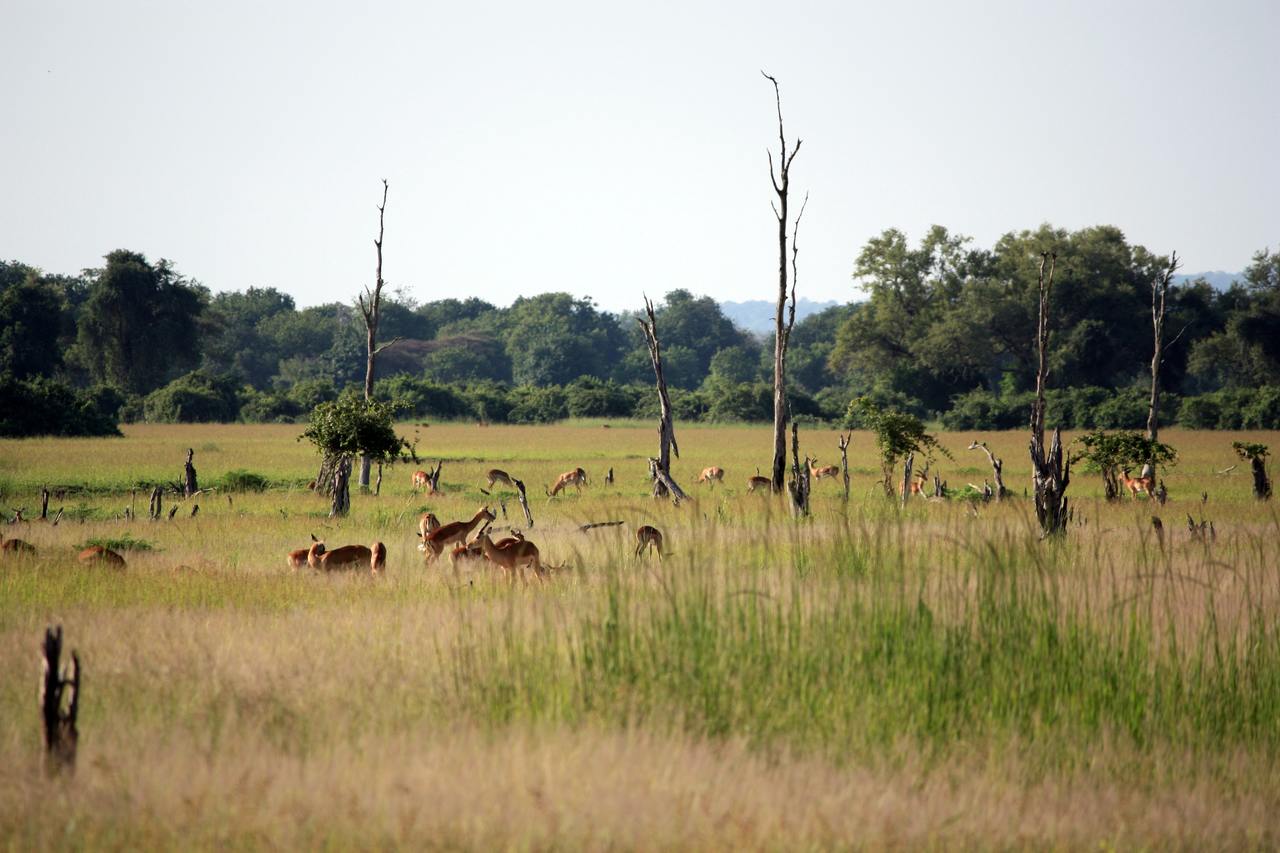
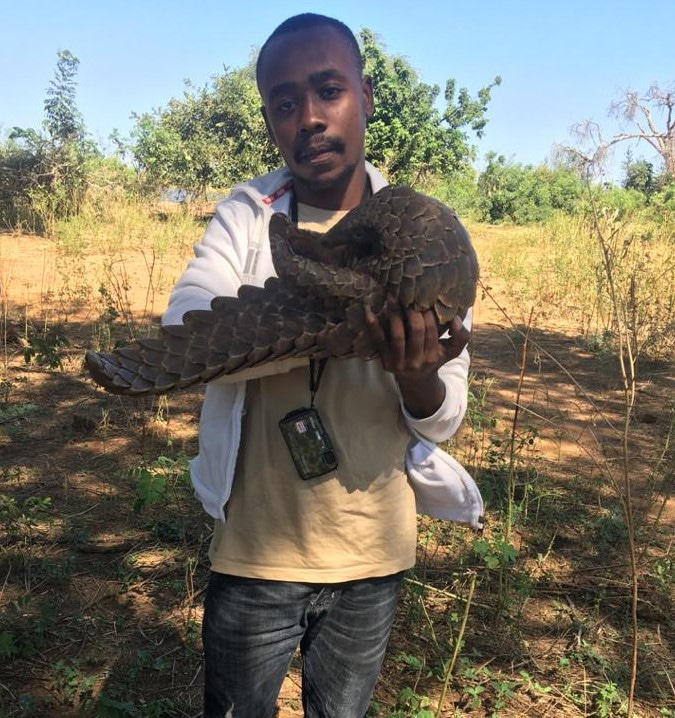
Taking part in the Program on African Protected Areas Conservation (PAPACO) Massive Open Online Courses (MOOCs) has greatly improved my knowledge on how protected areas can best be managed to help biodiversity thrive and improve the livelihoods of those living within its proximity. As a junior conservationist I am very eager to learn about ways that can help improve the protection of nature for the benefit of the people that depend on it and also for the improvement of my country’s economy. This prompted me to take part in four MOOCs offered by PAPACO-IUCN and these include PA management, Species Conservation, Ecological Monitoring and Law enforcement in PAs. After completing these MOOCs I was given an opportunity to volunteer and become an ambassador for the MOOCs in Zambia so as to share the knowledge I acquired with more like-minded people.
As the Zambia PAPACO MOOCs ambassador, I am responsible for promoting the MOOCs, providing assistance to students who might be facing some challenges with the MOOCs (with the use of the online platform or any other challenge). I also encourage the students to complete the MOOCs and act a spokesperson for the students in Zambia.
In order to reach out to more people to take the PAPACO MOOCs I have created a WhatsApp group with members from most conservation organisations in Zambia and from Universities offering conservation related programmes. On this platform we carry out different discussions with regards to the MOOCs; a topic from the MOOCs is chosen twice a week and discussed in the group to help everyone better understand it and to get different views on the topic. I also meet with a few students in person to discuss how the knowledge gained from these courses can improve conservation efforts and how it can improve one’s chances of getting a job in the conservation sector.
Promoting the MOOCs and engaging students comes with its own challenges. As I mostly carry out my work online this means I have to spend money on internet, however sometimes I just do not have enough to spend on internet and this means I am unavailable to help students who might need my help. However, the MOOCs enable the students to learn at their own pace while also providing them with as much information as possible, the pre-exam assessments used such as quizzes are all handy helping one to understand concepts better and recall key concepts from the verbal presentations. The whole program is packaged in such a way as to encourage someone to understand and pass.
Another advantage is also that supplementary study materials are made available for students as further reading so that they get a better understanding of the topics in the MOOC. The course materials are also useful for one to keep learning even after exams. The discussions featured on the MOOCs platform help students from different countries and backgrounds to interact with one another and seek clarity from the lecturers on complicated concepts.
On other hand, most disadvantages are connected to the digitised method of delivery for the courses (online): technical errors such as poor sound in some verbal presentations and other errors that make the courses unavailable for some time. I believe it would be good if the time allocated to complete the course is adjusted accordingly when such errors occur. Since most students in Zambia like hands on experience with conservation work, it could be motivating for students taking the PAPACO MOOCs to have opportunities available to them to volunteer in the PAPACO-IUCN programs to get hands on experience. Additionally, I would recommend holding international conferences based on conservation issues so that the students could attend.
***
PAPACO has been running Massive Open Online Courses (MOOC) for professionals dedicated to protected areas and conservation since 2015. The four MOOCs available have already reached over 18,000 participants. All courses are for free, open to all, whether you are a professional or merely interested in one of the topics covered by the courses. Successful participants will receive a certificate.
Find out more about the PAPACO MOOC Conservation courses here: https://www.iucn.org/theme/protected-areas/our-work/capacity-development/moocs

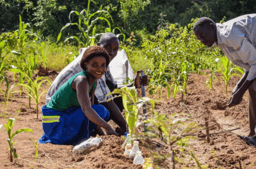
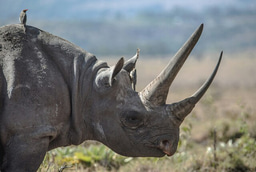
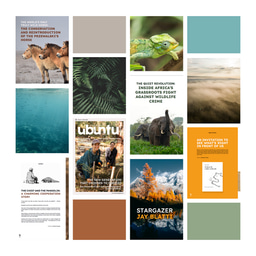
Please sign in or register for FREE
If you are a registered user on WildHub, please sign in
Chewe, this is a wonderful reflection of your efforts and role supporting the success and identifying the challenges of MOOC's. Has internet access and its' cost improved? I love that you used WhatsApp to bring participants together!
Thank you for sharing your experiences Chewe and great to see the opportunities you got from it. I think MOOCs are a great way for people to gain more training in an easier capacity and in their own time. Keep up updated if there are any new MOOCs you encounter that you think are worth completing!
@Lize Gibson-Hall, I'm currently taking Ecosystem Restoration. It's now the middle of the course, and I'm enjoying it. Although this MOOC ends on 19 November, I assume it's available at other times.